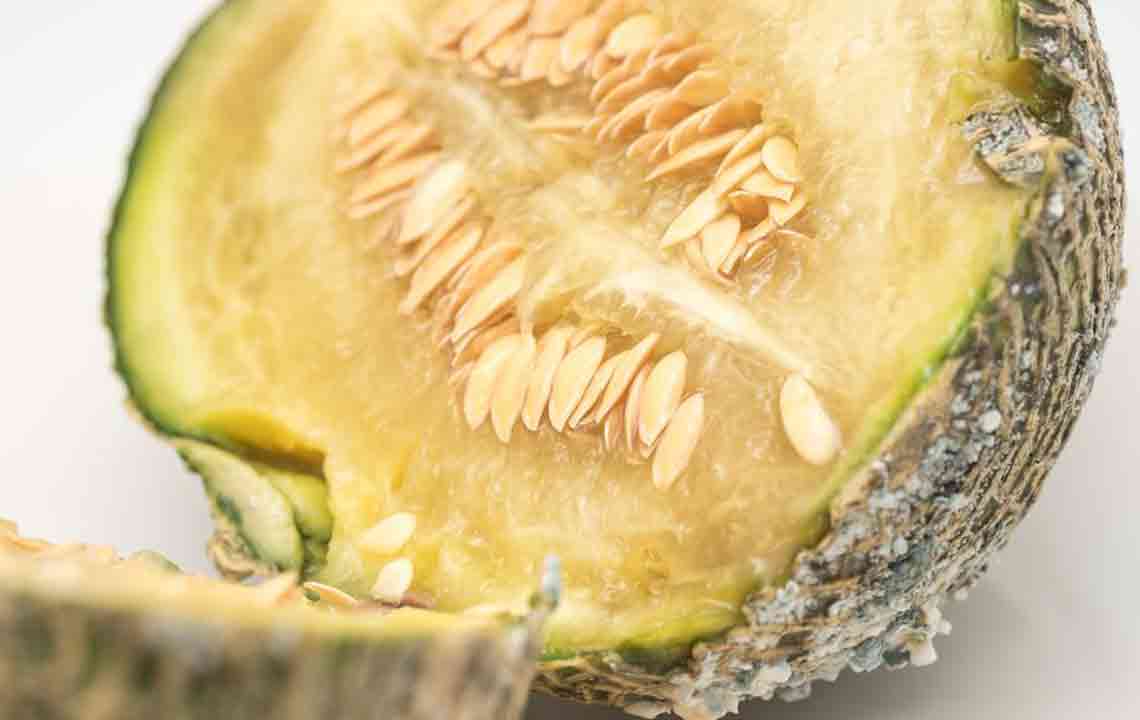Comprehensive Guide to Helicobacter Pylori: Symptoms, Risks, and Natural Treatment Options
This comprehensive guide explores Helicobacter pylori (H. pylori), detailing its symptoms, risks, and natural remedies. Learn how to recognize infection signs, incorporate probiotic foods, green tea, olive oil, licorice root, and broccoli sprouts into your diet, and understand the importance of professional medical treatment. Maintaining gut health is essential for preventing serious gastrointestinal issues like ulcers and gastritis. Combine natural strategies with medical advice for effective management of H. pylori, promoting overall digestive wellness and preventing long-term health risks.

Comprehensive Guide to Helicobacter Pylori: Symptoms, Risks, and Natural Treatment Options
Helicobacter pylori (H. pylori) is a type of spiral-shaped bacteria that commonly inhabit the human digestive tract. These microscopic organisms have adapted to survive in the harsh acidic environment of the stomach by employing various mechanisms, such as neutralizing stomach acid and evading the immune system. Although many individuals carry H. pylori without any symptoms, its presence can sometimes lead to significant gastrointestinal problems over time, including gastritis, peptic ulcers, and even a risk factor for stomach cancer.
H. pylori infection is one of the most prevalent bacterial infections worldwide, affecting over half of the global population. It is typically contracted during childhood through consumption of contaminated food, water, or via oral-to-oral contact. Once established in the stomach lining, the bacteria can cause chronic inflammation, impair digestion, and contribute to discomfort and long-term health complications.
Understanding the symptoms associated with H. pylori is crucial for early diagnosis and treatment. Many infected individuals remain asymptomatic, but common signs include abdominal pain or discomfort, bloating, nausea, frequent burping, poor appetite, and in some cases, black or bloody stools. Halitosis or bad breath is another symptom that can sometimes be linked to this infection. Recognizing these signs and seeking medical advice promptly can significantly improve health outcomes.
Effective management of H. pylori involves a combination of conventional medical treatments and natural remedies. Standard medical treatment typically includes a combination of antibiotics to eradicate the bacteria and proton pump inhibitors (PPIs) to reduce stomach acid, aiding the healing process. However, natural strategies can serve as supportive measures for maintaining digestive health and potentially inhibiting bacterial growth.
Natural Strategies for Managing H. pylori Infection:
Gut Microbiota Rebalancing with Probiotics: Incorporating probiotics, particularly strains like Lactobacillus acidophilus and Bifidobacterium bifidum, can help restore a healthy balance of gut bacteria. These beneficial microorganisms can inhibit the growth of H. pylori by competing for nutrients and attachment sites in the stomach lining, promoting a healthier digestive environment.
Consumption of Green Tea: Green tea is rich in antioxidants known as catechins, which have been shown to possess antibacterial properties. Regular intake of green tea may help suppress H. pylori growth, reduce gastric inflammation, and support overall stomach health.
Use of Olive Oil: Extra virgin olive oil contains oleuropein and other phytochemicals with demonstrated antibacterial effects against various resistant strains of bacteria, including H. pylori. Incorporating olive oil into cooking can contribute to a protective effect on the stomach lining.
Licorice Root Extract: Deglycyrrhizinated licorice (DGL) has been traditionally used to soothe stomach ulcers and reduce inflammation. It may inhibit bacterial adhesion to the stomach lining, providing a natural protective barrier against irritation.
Broccoli Sprouts: Rich in sulforaphane, a potent compound with antibacterial properties, broccoli sprouts have shown promise in reducing H. pylori colonization. Including these in your diet can support the defense against infection and aid in restoring gastric health.
Maintaining a healthy diet rich in fresh fruits, vegetables, and fiber, along with avoiding processed foods, alcohol, and smoking, can further enhance recovery and overall gut health. It's essential to work closely with healthcare professionals for proper diagnosis and tailored treatment plans. While natural remedies can support healing, they should complement, not replace, prescribed medical therapies.
In summary, understanding H. pylori and its impact on gastrointestinal health is vital. Early detection, combined with integrated treatment approaches that include natural strategies, can effectively manage infection, alleviate symptoms, and prevent long-term complications. Prioritizing gut health through dietary choices and natural supplements offers a holistic pathway to a healthier digestive system.





